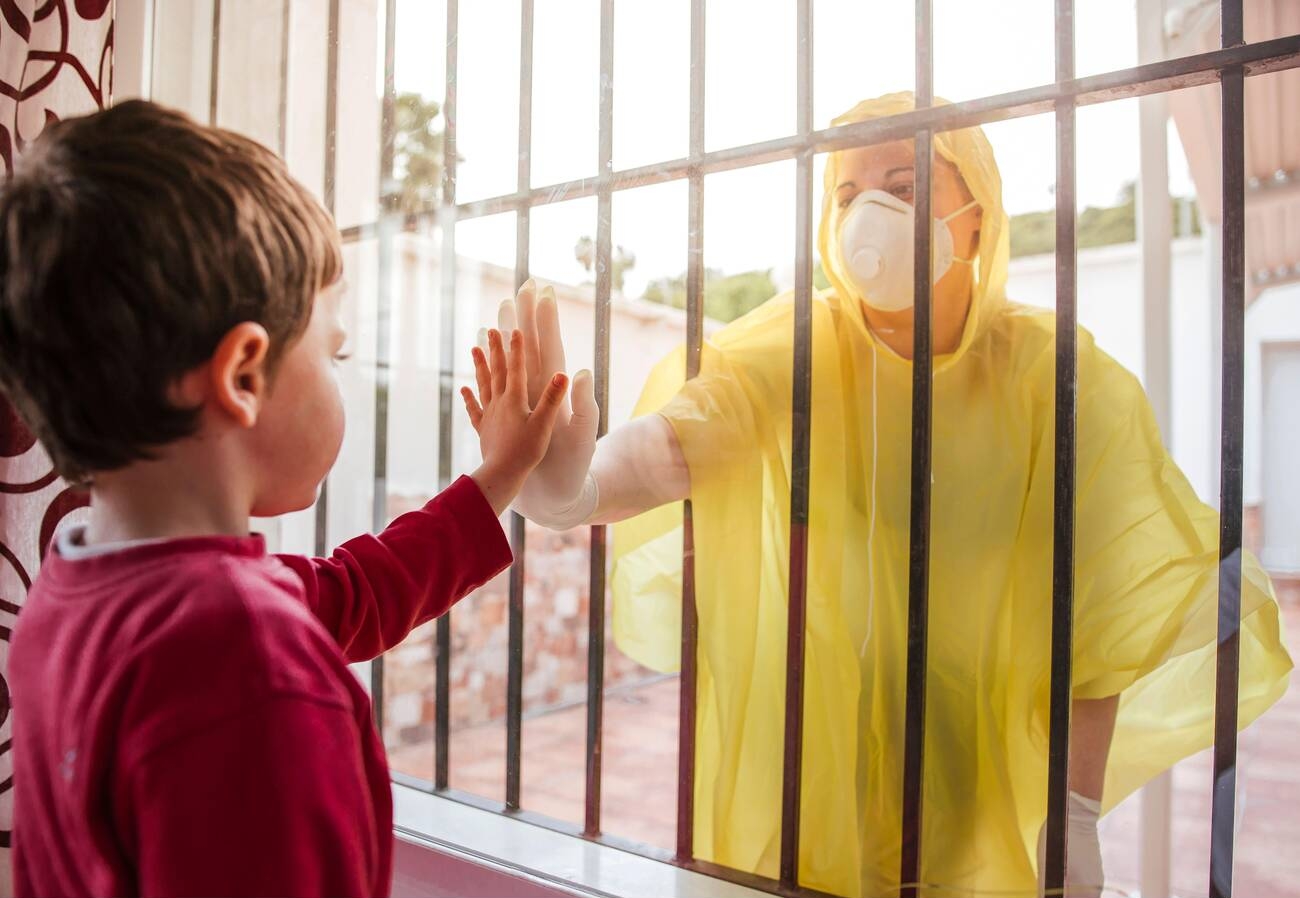A babies first word is an exciting moment for a parent or caregiver. The first word milestone typically comes around a child’s 1st birthday. Common 1st words are mama, dada, ball, dog, no, hi or bye-bye. But what happens if your little one doesn’t say their 1st word by the 12 month milestone? This is a worry for parents but before you stress and think the worst, try some of these speech therapist tips to help your child utter those first words.
- Imitation – Before a child is able to use words, an essential foundational skill is being able to imitate actions (e.g. clapping hands after you, blowing a kiss or waving goodbye) and then eventually imitating speech sounds. Start with imitating basic actions (such as clapping or blowing bubbles) and baby sign language!
- Start with easy sounds – Vowels are easier to imitate than consonants and some consonants are easier than other. The first sounds a child usually produces include: ‘b’ (as in “ball”), ‘m’ (as in “mama”), ‘p’ (as in ‘’up’’) and ‘d’ (as in “dada”). Make sure to get close to your child’s face and practice saying words with these sounds using lots of fun facial expressions to engage your child! Don’t forget to pause and give your child time to try and imitate you.
- Model language throughout the day to your little one – Talk while performing daily routines (e.g. “Mommy is changing your diaper. Pee-ew! Dirty diaper. Wipe bum. Clean diaper. All done!). Remember to speak slowly and use a sing-songy voice. Try to incorporate verbal routines into your daily life. These are words that are repeated at a predictable time during an activity. The repetitiveness and predictability of a verbal routine make it easier for children to understand the words that come next and then they are more likely to speak them. Some example of verbal routines include: splish splash time for a bath; up, up, up the stairs, up the stairs we go; in seat, time to eat! You can find lots more examples online.
- Read with your little one – Every day reading with your child can enhance their language skills and foster a positive parent-child connection. While reading point to pictures and describe what you see. Remember to pause throughout to see if your child will try to imitate any words. Make sure to praise them for any sound you hear even if it doesn’t sound accurate!
- More comments less questions – Some people think if you constantly fire questions at a toddler it will get them to talk. This is false! Rule of thumb, for every 1 question you ask, model 3 related comments. For example: ‘Where’s daddy? Daddy gone. Daddy not here. Daddy at work!’ This will reduce talking pressure, keep the interaction going and maybe your child will imitate one of the answers!
If you follow these tips and your little one still isn’t saying their first word by the 15 – 18 month mark, then it’s time to check in with a Speech and Language Therapist
About Author:
Jessica is a Speech and Language therapist from Ireland. She was awarded her Bachelors degree in Clinical Speech and Language Studies from Trinity College Dublin, Ireland in 2015. After graduation, Jessica moved to the UAE and began her clinical work. She worked in a school based center for People of Determination from 2015-2021 serving clients from the ages of 3 to 21 years old. Jessica has treated and evaluated individuals with Hearing Impairments, Childhood Apraxia of Speech, Articulation and Phonological Disorders, Language Disorders, Fluency Disorders, Down Syndrome Disorder, Autism Spectrum Disorder, Intellectual Disability and Global Developmental Delay.
In June 2021, Jessica received her Masters in Applied Behavior Analysis (ABA) from Queen’s University Belfast, Ireland. She is currently under supervision to receive her Board Certified Behavior Analyst (BCBA) certification with the goal to become dual qualified SaLT-BCBA.
Author
JESSICA NEELY
- Speech Therapist





